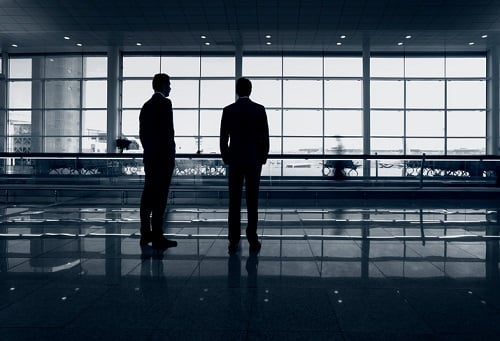

Following the latest shooting tragedy in the US, in which 17 people were killed at a Florida high school, a number of corporations have been cutting ties with the gun lobbying group the National Rifle Association (NRA).
In the insurance world, Chubb and Lockton are two of the leading names that have disassociated themselves with the pro-gun group as outside pressure has mounted. In other industries, organisations that have distanced themselves from the NRA include US airlines Delta and United, car hire brands Hertz, Budget and Avis, hotel chains Best Western and Wyndham Hotels, and software firms Symantec and Norton.
So why are organisations choosing to cut ties with the NRA now, when they have failed to do so in the past?
“Companies are acting now because the fear of economic harm by angry or disappointed stakeholders – what we call reputational risk – is much greater,” the CEO of reputational insurer Steel City Re told Insurance Business.
“That fear is driven by evidence that the frequency and severity of reputational attacks has increased dramatically, and that the costs of reputational damage have risen almost 500% over the past few years,” said Dr. Nir Kossovsky.
“As a result, companies are implementing a range of risk management, financing and transfer strategies. The goal of these strategies, simply, is to differentiate ethically responsible companies and ethical dutiful board members from their peers when reputational crises hit.”
Today, social media has the power to greatly accelerate change, and is being used as a “powerful weapon against companies, industries and individuals when they become targets,” according to the chief executive.
“Earlier this year, the top reputation risk was allegations of unethical and inappropriate executive behaviour that gained prominence through #MeToo. At this particular moment, it is the NRA. For corporate leaders responsible for protecting the assets of a firm, the lesson is that reputation risk – because it is linked to expectations and is triggered by disappointment – can emerge suddenly with shifts in culture,” Kossovsky said.
As a result, the stakes are higher than ever, and the economic damage from the emergence of reputation risk “can be as great as the damage from a sudden tornado,” the CEO said.
“Because of these reputation tornadoes, companies need to build their defences proactively, before they are attacked – just as one builds defences for tornados if one lives in ‘tornado country.’”
Companies need not only to do the right thing, but must differentiate themselves from their peers if they are to stand out from the crowd when reputational crises hit, Kossovsky said.
“In today’s environment, survival of the fittest requires not only fitness, but a recognition of that fitness by stakeholders,” he said.
The ultimate challenge for corporate leaders responsible for protecting the assets of a firm, is to recognise that today, “all companies are living in reputation tornado country.”
